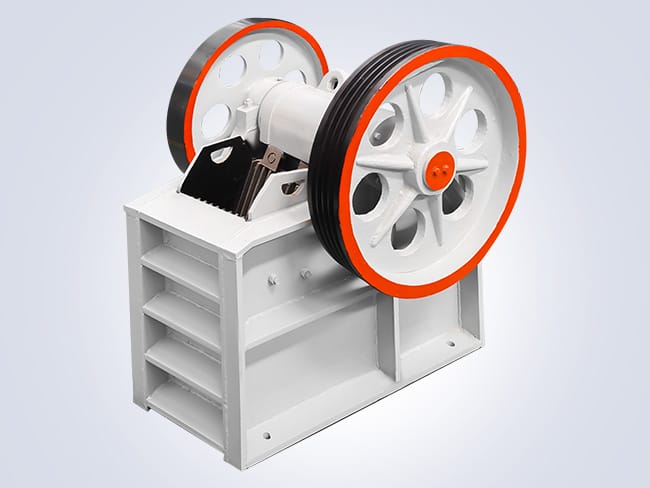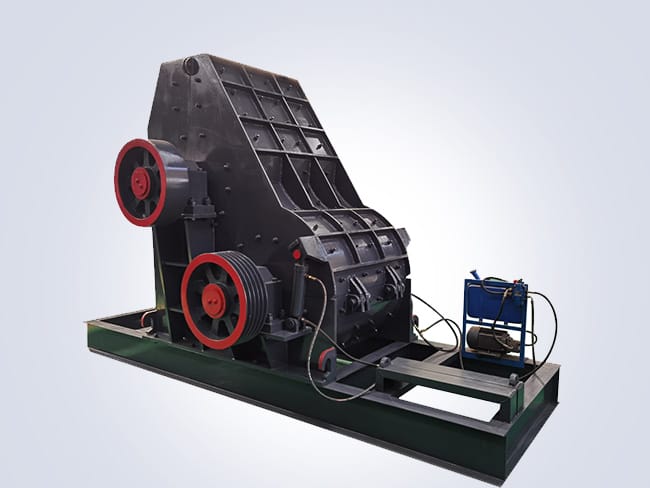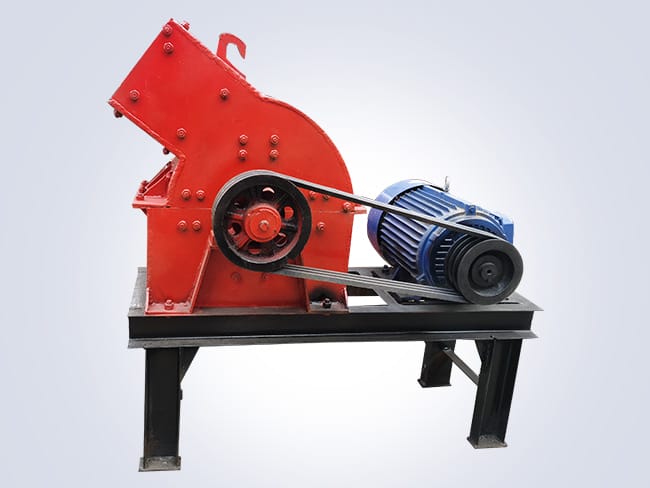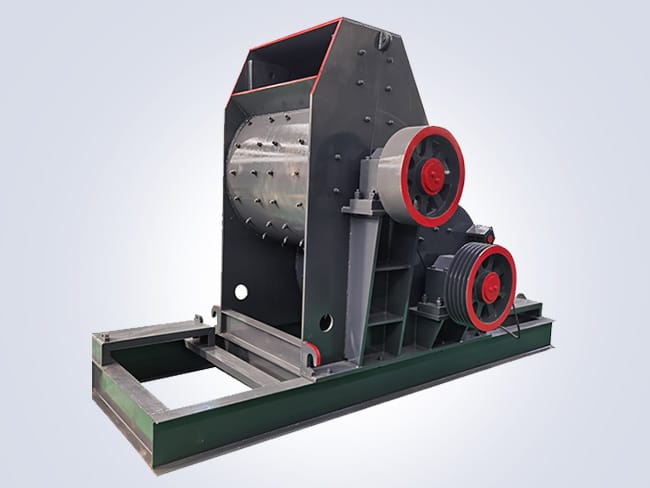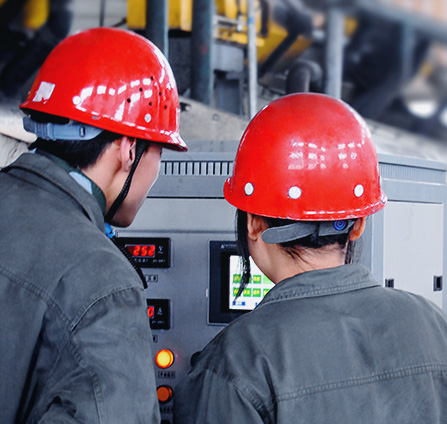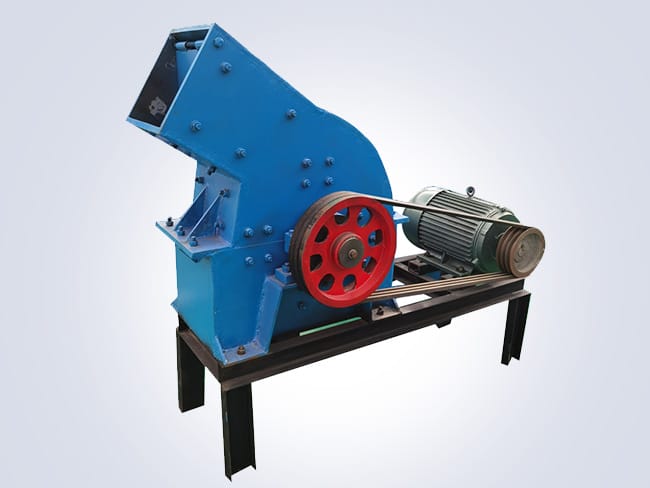
Hammer crushers are widely used crushing equipment in fields such as mining, building materials, and chemical engineering. Leveraging advantages like simple structure, easy operation, and a large crushing ratio, they have become one of the preferred choices for medium and fine crushing operations. Their core working principle involves rapidly breaking materials through impact, shearing, and grinding by high-speed rotating hammers. When materials enter the crushing chamber, the rotor drives the hammers to rotate at high speed, causing repeated collisions with the impact plates or grates fixed to the casing. The materials are then discharged through the outlet once they reach the desired particle size.
Hammer Crusher: An Efficient Industrial Tool for Crushing
This equipment is suitable for crushing brittle materials with medium hardness, such as limestone, coal gangue, and shale. And performs exceptionally well in cement production and sand and gravel aggregate processing. Its outstanding advantages include: firstly, high crushing efficiency. As a single unit can accomplish the transition from coarse to fine crushing; secondly, low maintenance costs. As the hammers are made of wear-resistant materials like high-manganese steel. Ensuring long service life and easy replacement; thirdly, strong adaptability. As the discharge particle size can be controlled by adjusting the gap between the grates to meet different process requirements.
With technological advancements, new-generation hammer crushers have achieved breakthroughs in energy conservation, noise reduction, and intelligence. Features such as hydraulic opening/closing devices. And automatic lubrication systems further enhance the stability and safety of equipment operation, providing more reliable crushing solutions for industrial production.




